Shrimp paste goes to all 5 continents
Many foreign visitors to Vietnam enjoy almost all local dishes except... shrimp paste. Even for many Vietnamese, this is a difficult dish to eat. No one can imagine that shrimp paste is now available in many countries around the world, even in demanding culinary markets like Japan.
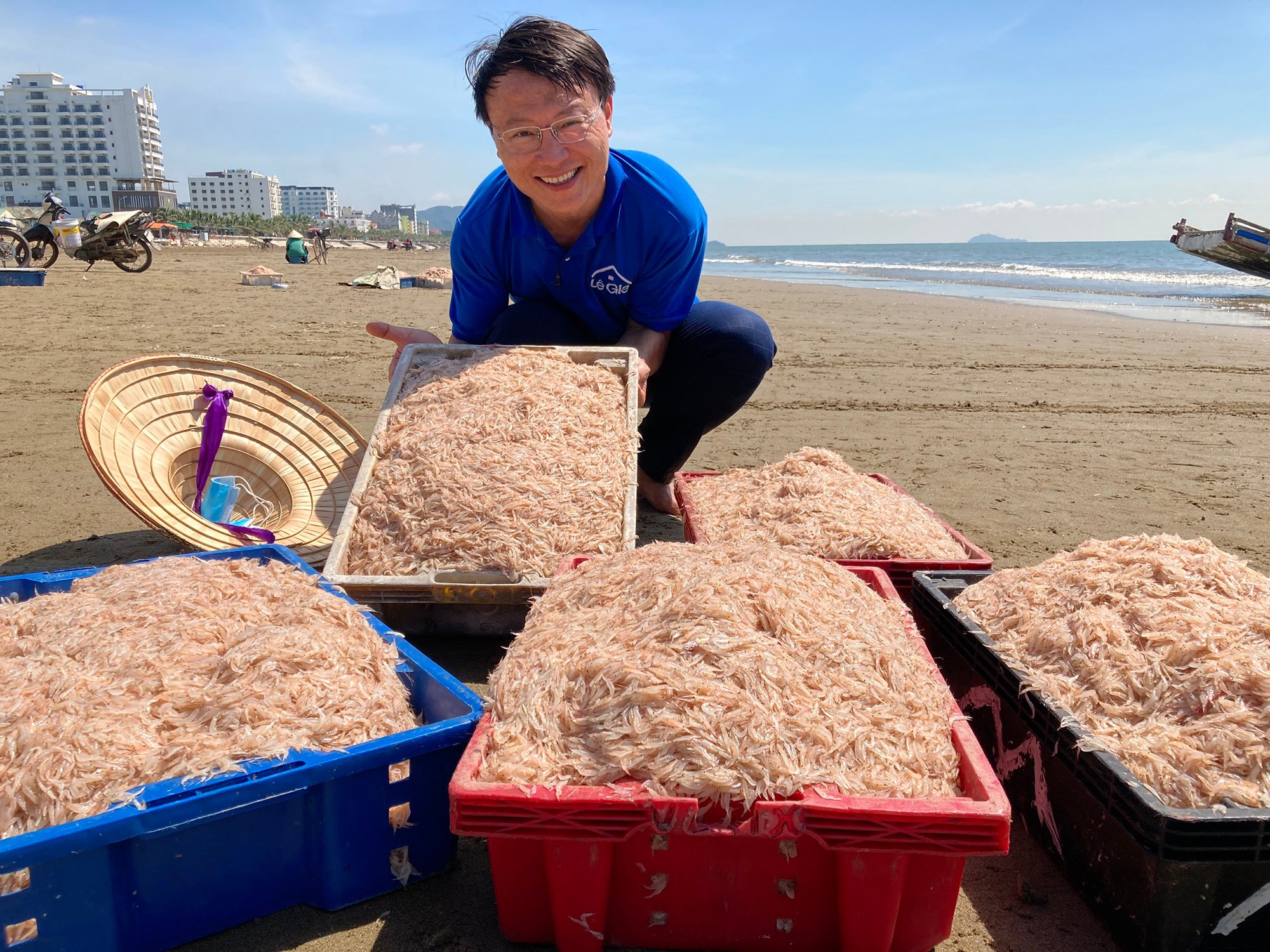
Mr. Le Anh and his hometown specialties
Mr. Le Anh, founder and operator of Le Gia Food & Trading Service Company Limited (Thanh Hoa), shared that in 2015, he quit his job as a construction engineer to start a business with his hometown's traditional profession of making shrimp paste. He wanted to challenge his own abilities by making delicious and safe products. To prove that, the best way was to export the products to Japan.
So he devoted himself to achieving this goal. About 2 years ago, the first shipment, a 20-foot container, was accepted for entry into Japan. For over 2 years, Le Gia's shrimp paste has been exported regularly to this notoriously demanding market. "We are currently preparing an order for a 40-foot container for a Japanese customer, a restaurant chain. They buy this product to add to their recipes for sauces and spices in their dishes," Le Anh shared, confessing that the company's initial goal was to serve Vietnamese people in Japan.
Selling shrimp paste and fish sauce to the Japanese for them to use in cooking is unthinkable. So when it was done, the company was truly proud to bring the soulful Vietnamese dish to the world. In addition to Japan, Le Gia shrimp paste and fish sauce products have also been successfully exported to the US, Czech Republic, Australia, South Korea, Taiwan, South Africa, and Panama. "Although not too many markets, in terms of continents, Le Gia shrimp paste from Vietnam is present in all 5 continents," Le Anh said happily.
To meet the business needs of being present "all over 5 continents", Le Anh decided to expand its production facilities 10 times larger than the current one. It is expected that by the end of October, the company's factory will be expanded to a total area of 13,000 m2; capacity up to 1 million liters of fish sauce and 500 - 700 tons of shrimp paste/year.
"Although fish sauce or shrimp paste is considered the "soul" of Vietnamese cuisine, it is only a spice and not a complete dish. That is why Le Gia invested in processing more products such as: sea shrimp floss, tiger shrimp floss, braised meat with shrimp paste, complete sauces... These products have sold very well in supermarket systems. When we have a new factory, we will focus on developing these product lines based on the core foundation of products without preservatives, without MSG, without flavorings", said Le Anh.
The inspiration called "chili sauce billionaire"
In early February 2023, the Vietnamese online community was stirred up by the news that a Vietnamese American had become a billionaire (USD) in chili sauce.
David Tran, a Vietnamese-American who owns the Sriracha chili sauce brand, has become a billionaire (USD). Sriracha has become the third best-selling product in the billion-dollar US chili sauce market, after Tabasco and Frank's Redhot.
On this side of the world, a young man shared on social media: "These past few days, many acquaintances have been sharing the article about the Vietnamese-origin Chili Sauce King officially becoming a dollar billionaire with the encouragement "keep it up"! Chilica is only 2 years old (born in June 2020), it will definitely become a billionaire in 42 years."
That young man is Nguyen Thanh Hien, founder of the Chilica chili sauce brand. Hien comes from the field of manufacturing and distributing products for the aquaculture industry. When the business initially stabilized, he still wondered if he would continue this stable situation for the rest of his life? He needed to do something more meaningful for himself and for society. As a native of the Central region, who loves spicy food, he realized that chili sauce is indispensable for many families both in Vietnam and around the world. So Hien spent 5 years researching and learning the chili sauce production process.
In mid-2020, Chilica was officially launched. At that time, it was right at the time of the Covid-19 pandemic, the product was too new and did not attract customers, so after the pandemic, he and his colleagues decided to "fight" at fairs and exhibitions at home and abroad to promote the product. In addition, Mr. Hien also sent emails to more than 100 Vietnamese trade offices in many countries and received feedback from many places. The Vietnamese trade office in Cambodia livestreamed to introduce Chilica fermented chili sauce. Trade offices in Japan, Singapore, and the Netherlands brought Chilica to display at Vietnamese booths at fairs, Vietnamese goods weeks, etc.
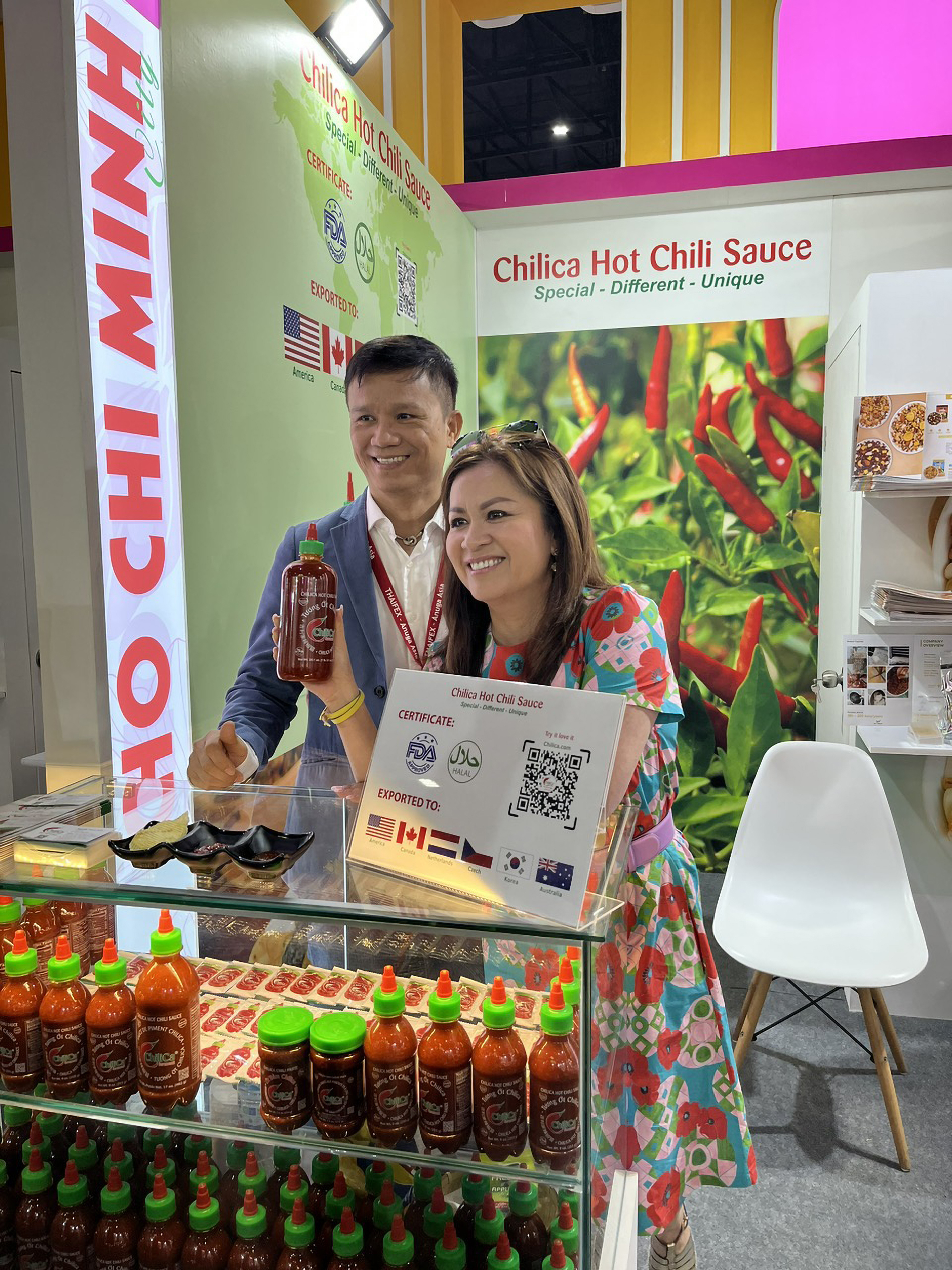
Mr. Nguyen Thanh Hien constantly participates in trade promotion to open up the world market.
Heaven does not disappoint those who work hard. At the Dubai fair, Chilica signed 4 contracts. "One contract for the Canadian market, preparing to export the second order, the customer is the Muslim community there. There are also contracts for the Dubai, Saudi Arabia and Iran markets. Among them, the Iranian market is quite interesting because it is very difficult to bring goods here. We buy and sell directly with them, but the goods have to go in a detour from Vietnam to Dubai and then from there to Iran", Mr. Hien informed and added that when attending the fair in Thailand, he also found customers in the US market. They tried the products at the fair and then followed them back to Vietnam to visit the factory, watching the production process for 2 consecutive days. After that, they ordered a container of goods to bring back to the US to sell.
"Right now, this is our best market, accounting for about 50% of export output, and we have exported 12 containers. This market still has a lot of potential. The main consumers are Vietnamese and Koreans in the US. We hope that it will then spread to the local community," said Mr. Hien.
Hue cakes, fish porridge, eel porridge... are exported in droves.
"If you are in Vietnam and eat a bowl of banh beo or banh Hue, it is very normal, but if you eat that same bowl of banh beo in the US, the story is completely different. It is not just a dish but a taste of the homeland. In the US, if you want to eat Vietnamese food, you have to go to a restaurant with a very high price or buy ingredients to process, the price is also high and it takes a lot of time. Many Vietnamese and Asian people cannot eat Western food regularly. So if there is a convenient, fresh, reasonably priced product that we often call "ready to eat", it will definitely sell very well", Ms. Jolie Nguyen (Vietnamese name is Nguyen Thi Kim Huyen), Chairman and Founder of LNS Company (USA) - a business specializing in consulting and distributing Vietnamese and Asian goods in the US, shared.
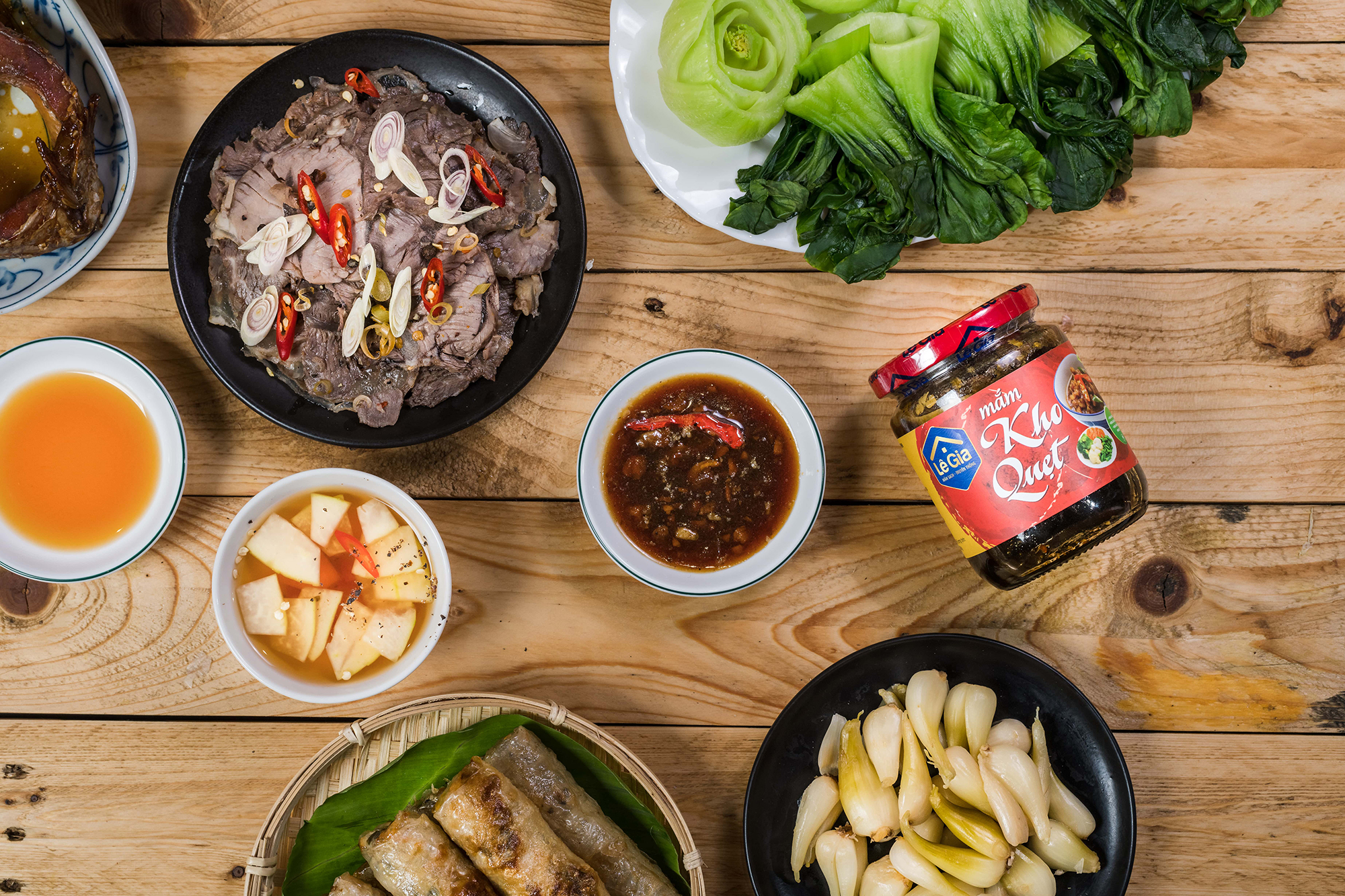
Young people are "bringing Vietnamese kitchen to the world"
Before working in the food industry, Ms. Jolie Nguyen had a logistics company with more than 20 years of experience in the international freight transport industry. Therefore, she saw the needs of the US market as well as the needs of Vietnamese businesses to export goods to the US. Sharing about acting as a bridge for many Vietnamese products in the US, Ms. Jolie said: "The inspirational story of Ca Men with its snakehead fish porridge product is an example. This is a super small business. We went back to Vietnam to guide them and it only took 4 months to upgrade to meet the standards to export goods to the US through official channels. This product has become a "hot trend" for a long time on the sales channels of Asians in the US market. We act as a bridge between Vietnamese manufacturers and buyers in the US".
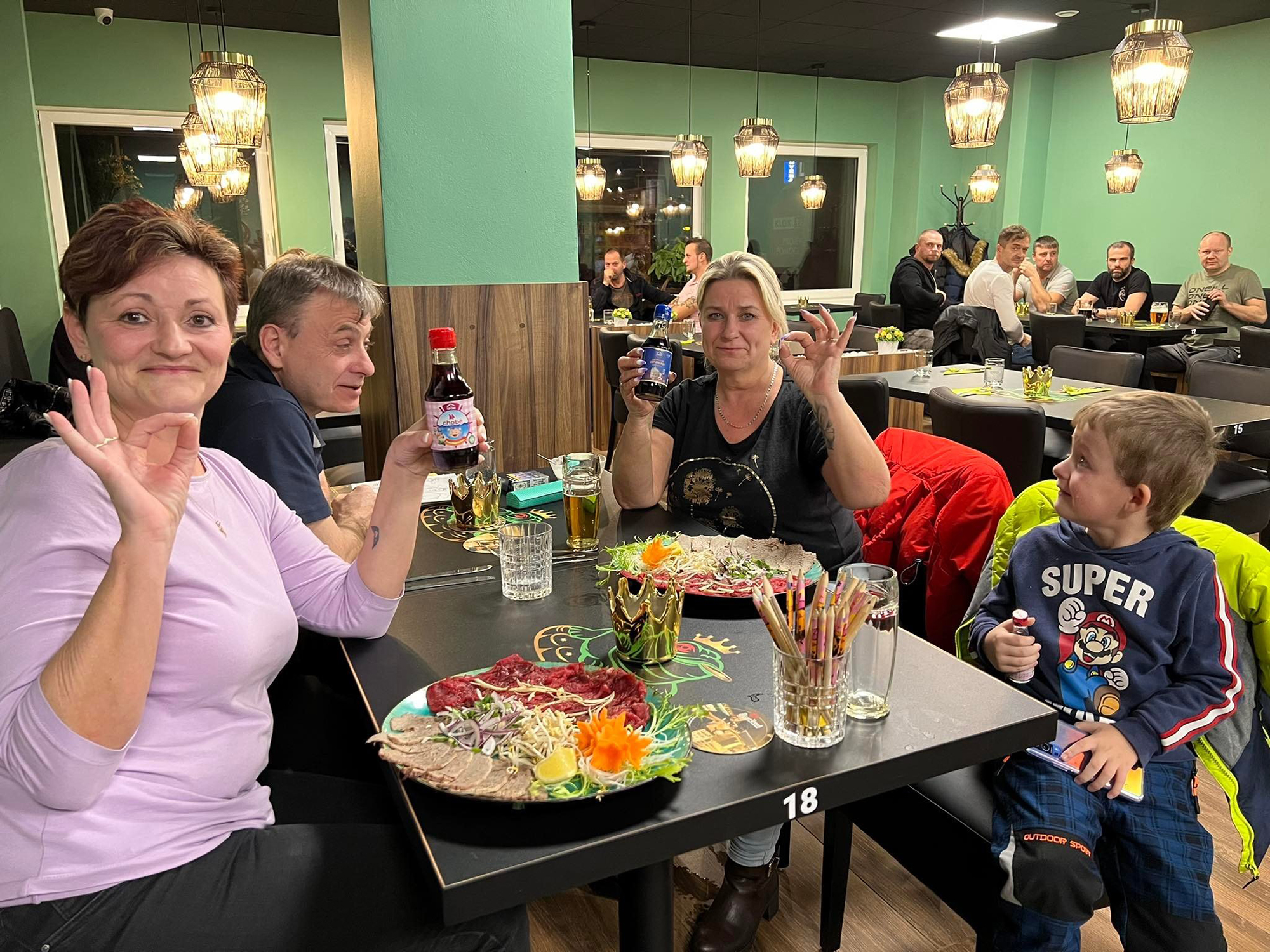
World customers enjoy Le Gia products
According to Ms. Jolie, if Ca Men has a special snakehead fish porridge dish of Quang Tri, Napfood has a special dish of Nghe An with eel soup with rice noodles, eel porridge with green beans, eel stewed with banana and bean... The trend is that the company will buy pre-processed products in Vietnam and send them to the US if they are really delicious and meet the standards.
"We are currently selling products in the US market such as stir-fried chayote shoots or stir-fried zucchini, crab soup... Our upcoming goal is to have a new product every month to bring from Vietnam to this market. Before starting with small businesses, we worked with larger businesses. They have standardized the process, so we just need to sell to them such as: K Coffee or honey-baked ginger products, Nam Duong soy sauce... We signed an exclusive distribution contract in the US market. We have a distribution channel of nearly 300 Vietnamese and Asian supermarkets as well as online sales channels of Asians in the US and popular channels such as Amazon, Walmart...", Ms. Jolie informed.
Ms. Jolie Nguyen, President and Founder of LNS Company (USA)
When sharing information with us, Ms. Jolie was in Budapest (Hungary) attending a forum of the Vietnamese business community in Europe with the luggage of specialties that are selling well in the US to expand to the European market. "Our company has offices in Italy, Japan, Australia, New Zealand and we want to bring Vietnamese food and culture to all over the world, not just the US market," she said.
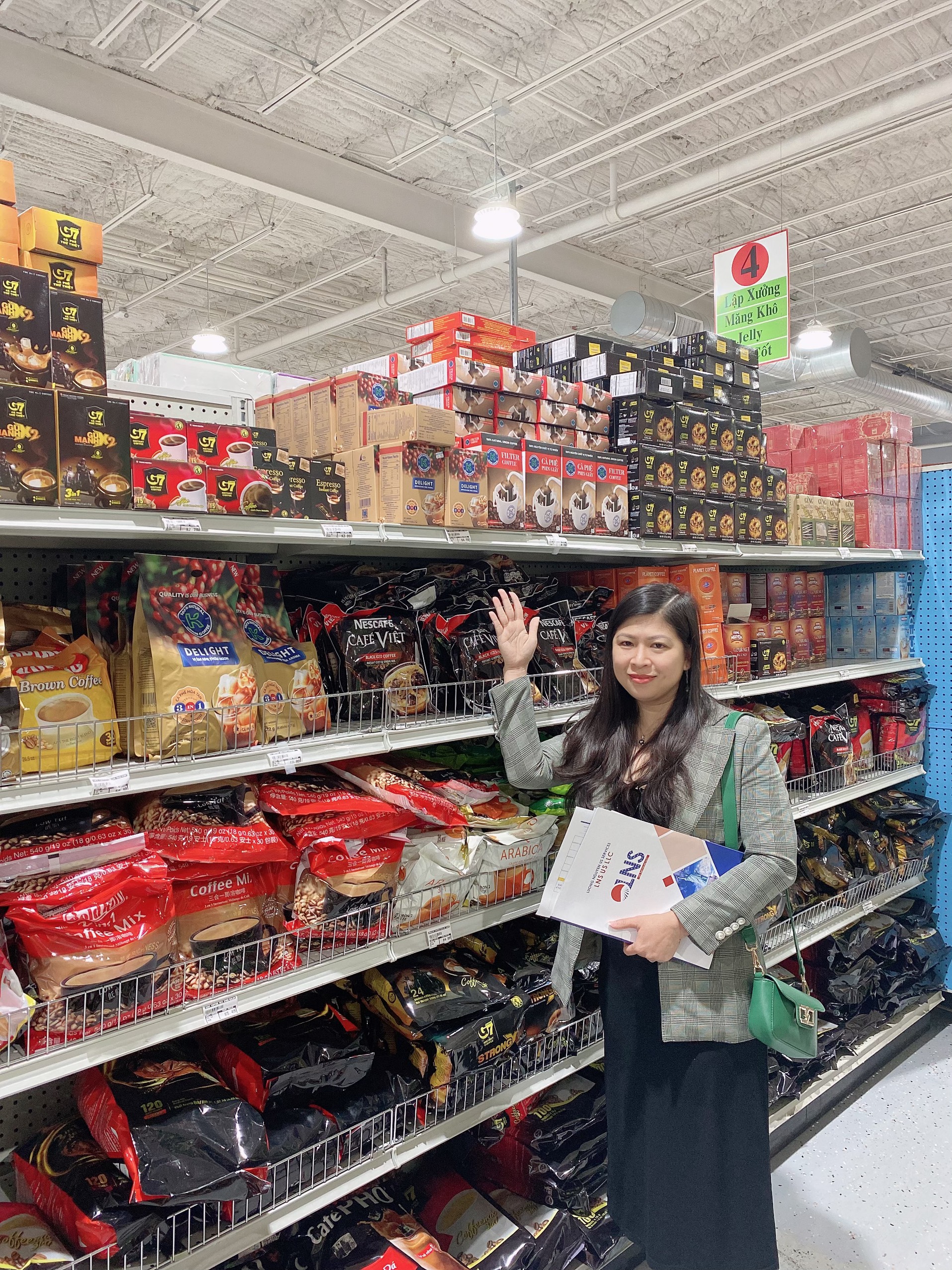
Ms. Jolie Nguyen imports Vietnamese branded products and distributes them in the US market.
"What we are discussing here is exporting Vietnamese food, cuisine and culture to the world, not just traditional agricultural products. In addition to promoting Vietnamese culinary culture, it also creates added value for the product. For example, a container of Ca Men's snakehead fish porridge is worth nearly 100,000 USD, much larger than raw products and these are products with Vietnamese brands. Rice or rice flour is available in many countries, but banh nam, banh bot loc, snakehead fish porridge, eel soup... are only available in Vietnam. That is what we can compete with the world based on the difference and local cultural imprint", Ms. Jolie emphasized.
We sign both hard and soft contracts for farmers.
To meet the increased capacity of the factory, we have signed contracts with farmers in both hard and soft contracts. The hard contract covers an area of 60 hectares, with a purchase price of 30,000 VND/kg. With soft contracts, when the market price is high, farmers can sell to outside traders. When the market price is lower, Chilica will buy according to the contract price, on the condition that the product must meet food safety standards and safe production processes according to instructions.
Mr. Nguyen Thanh Hien, founder of Chilica chili sauce brand
The world is issuing passports to Vietnamese cuisine.
What I am aiming for is not only selling products but also promoting Vietnamese culinary culture. We have a great opportunity when recently many prestigious newspapers in the world have praised our dishes. For example, The New York Times introduced fish cakes, vermicelli with charcoal, vermicelli with tofu and shrimp paste... It is like the world has given Vietnam a culinary passport. We need to take advantage of this opportunity. In particular, traditional professions need to be preserved by young people.
Mr. Le Anh, founder and operator of Le Gia Food & Trading Service Company Limited
Source link








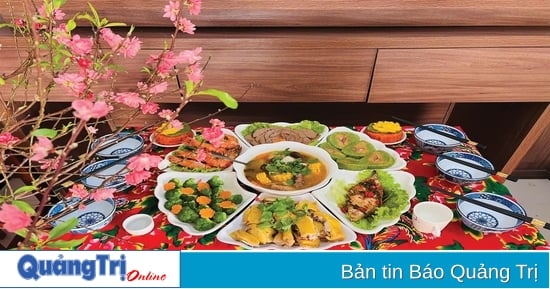

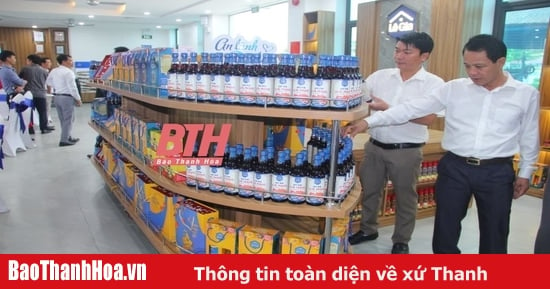
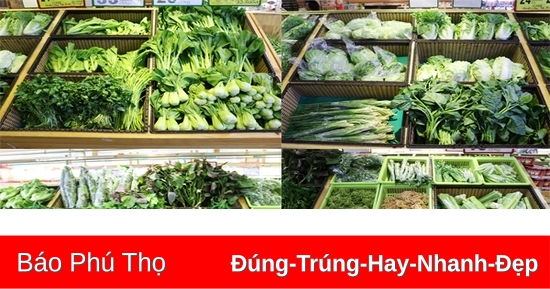
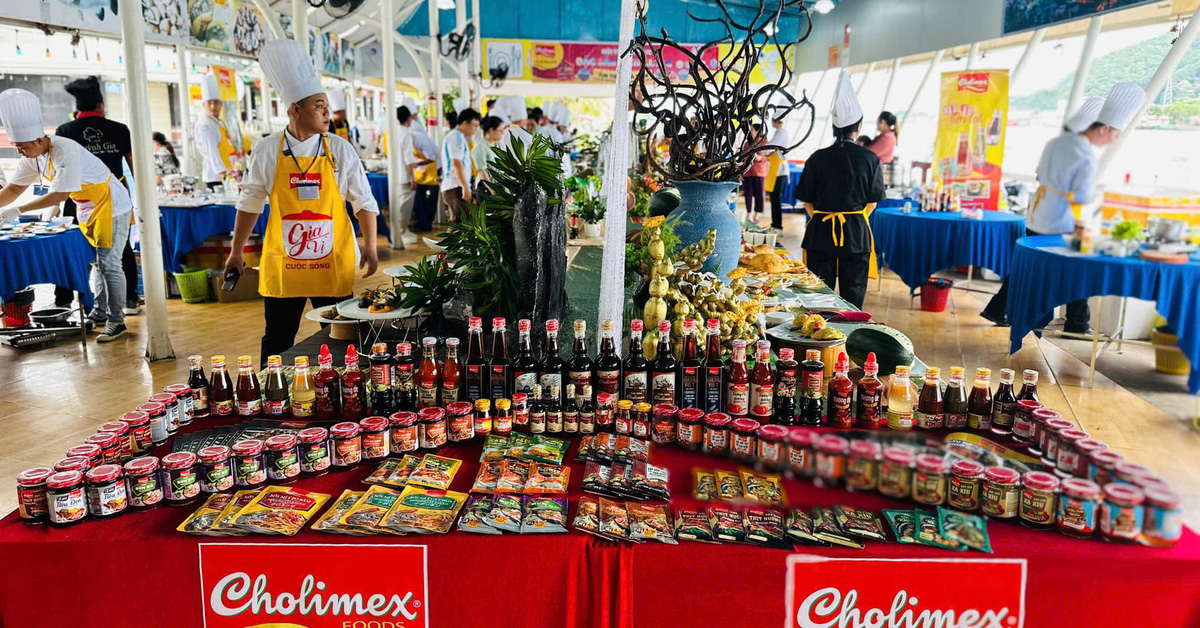

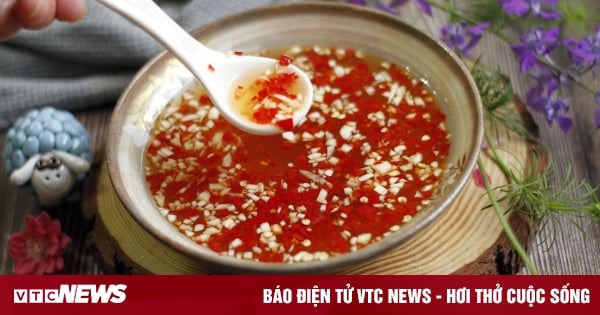

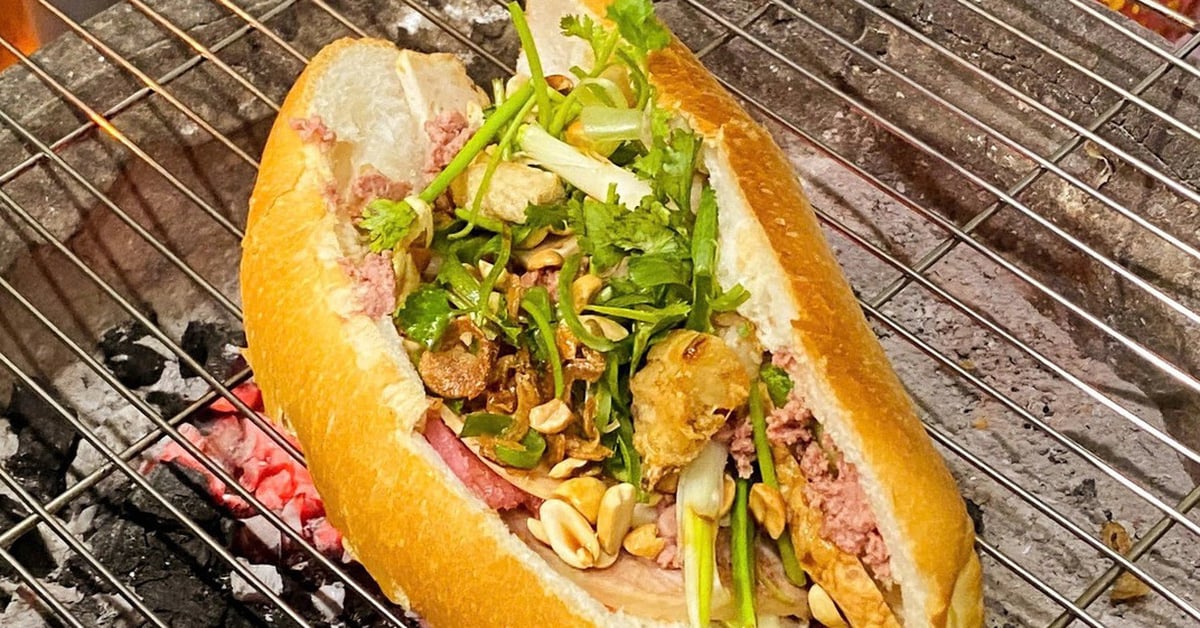










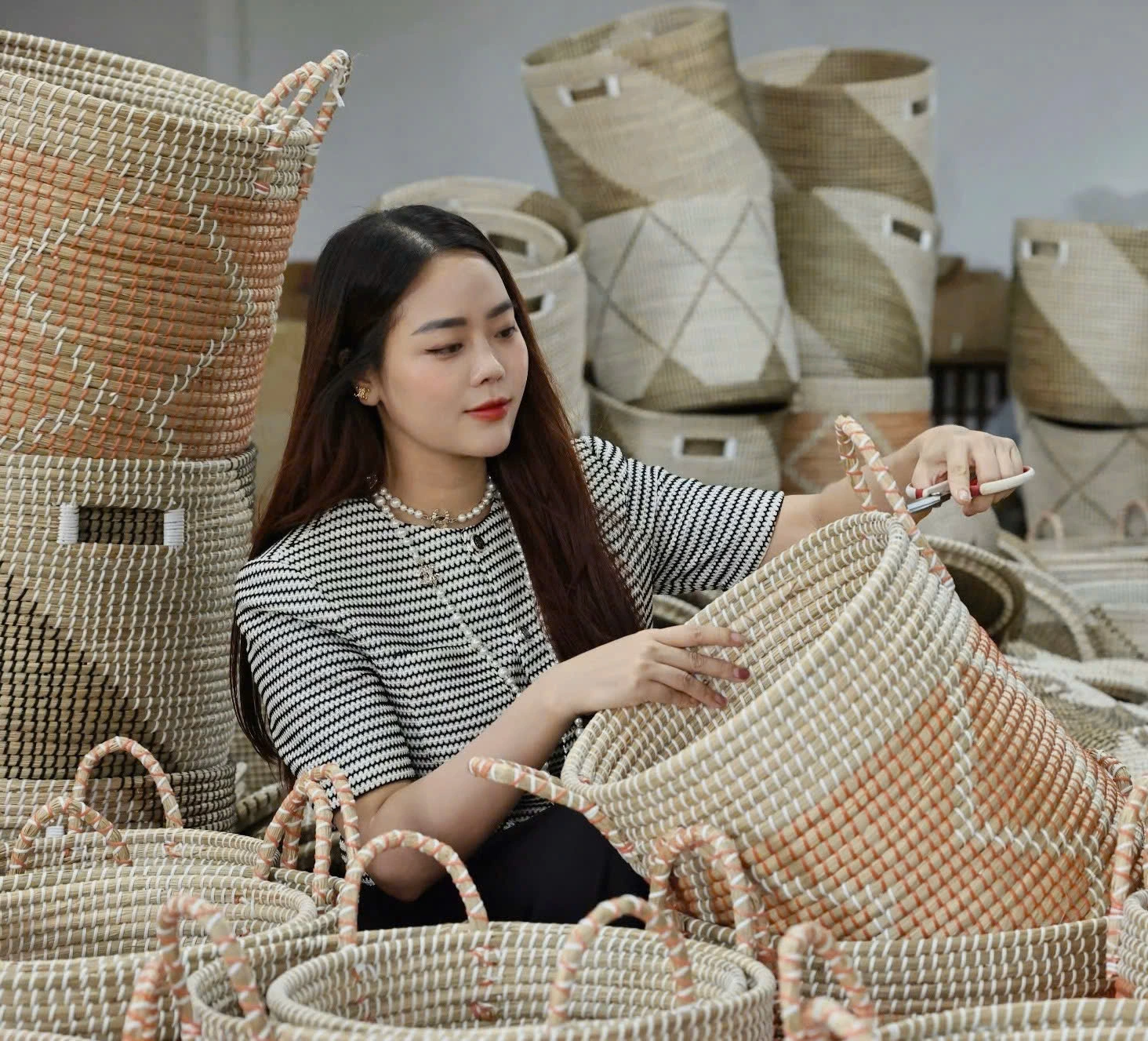




![[Photo] Visiting Cu Chi Tunnels - a heroic underground feat](https://vstatic.vietnam.vn/vietnam/resource/IMAGE/2025/4/8/06cb489403514b878768dd7262daba0b)






















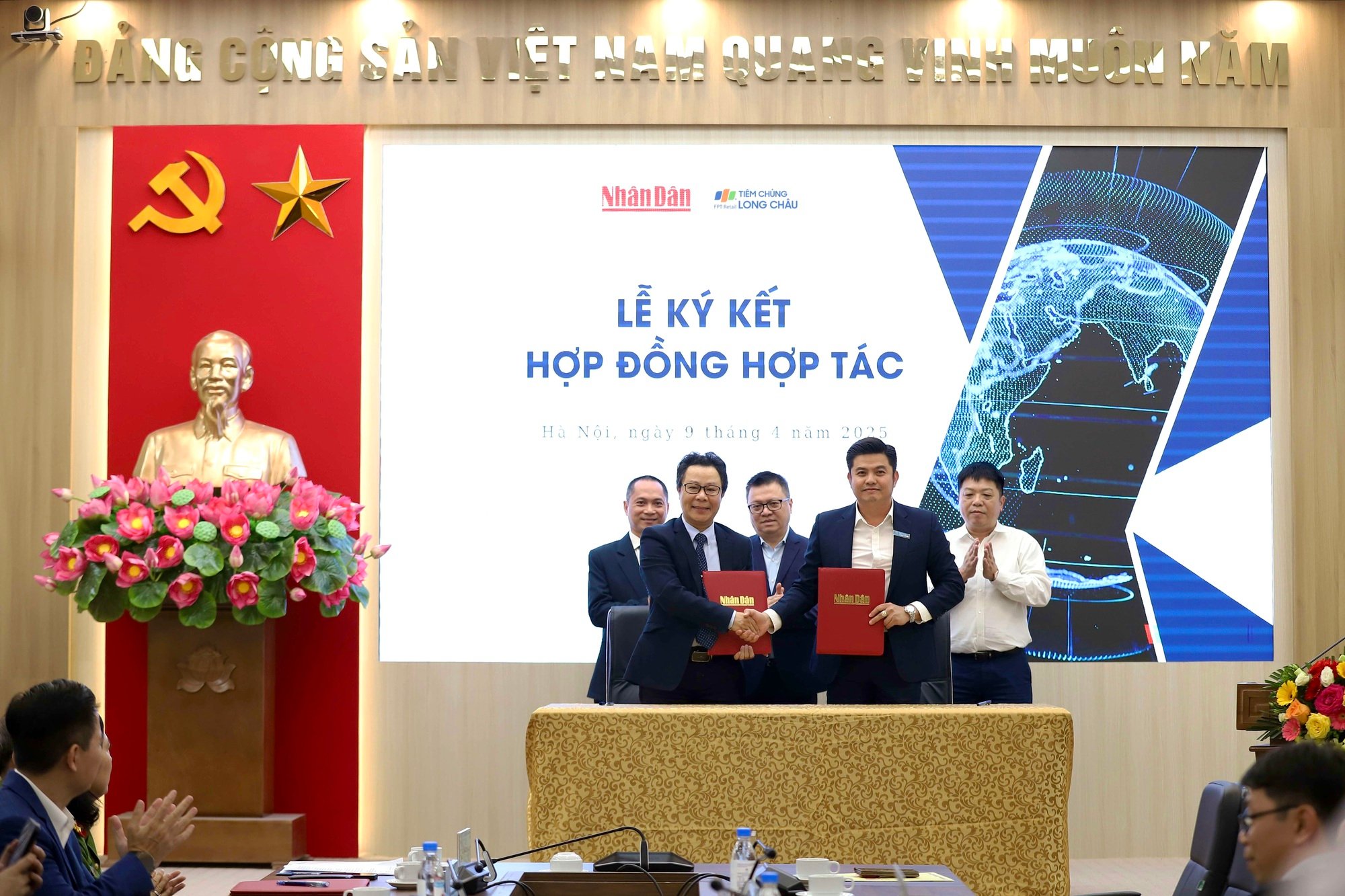
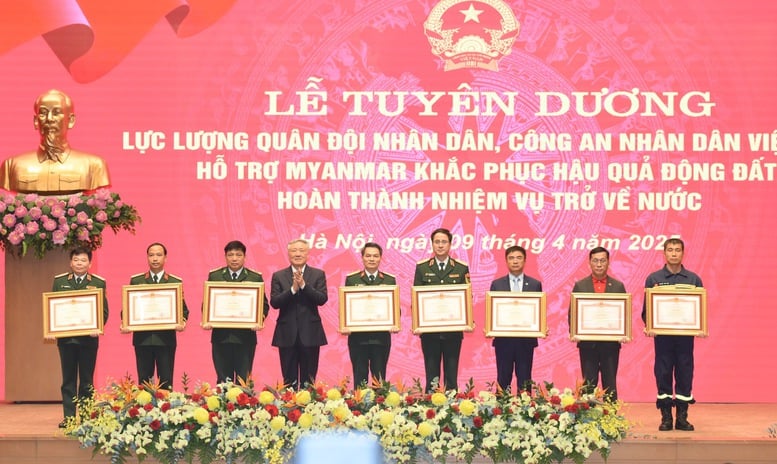


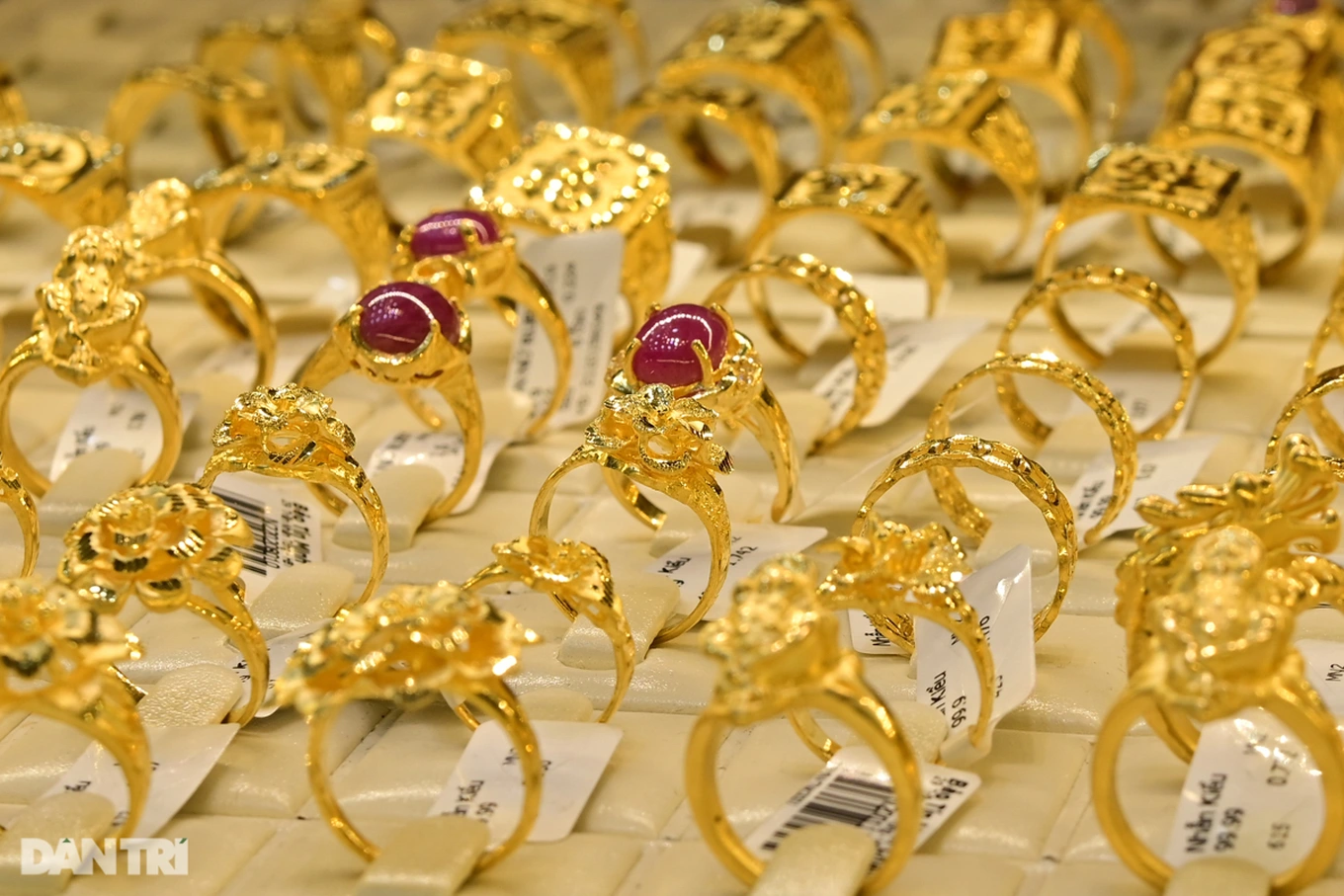
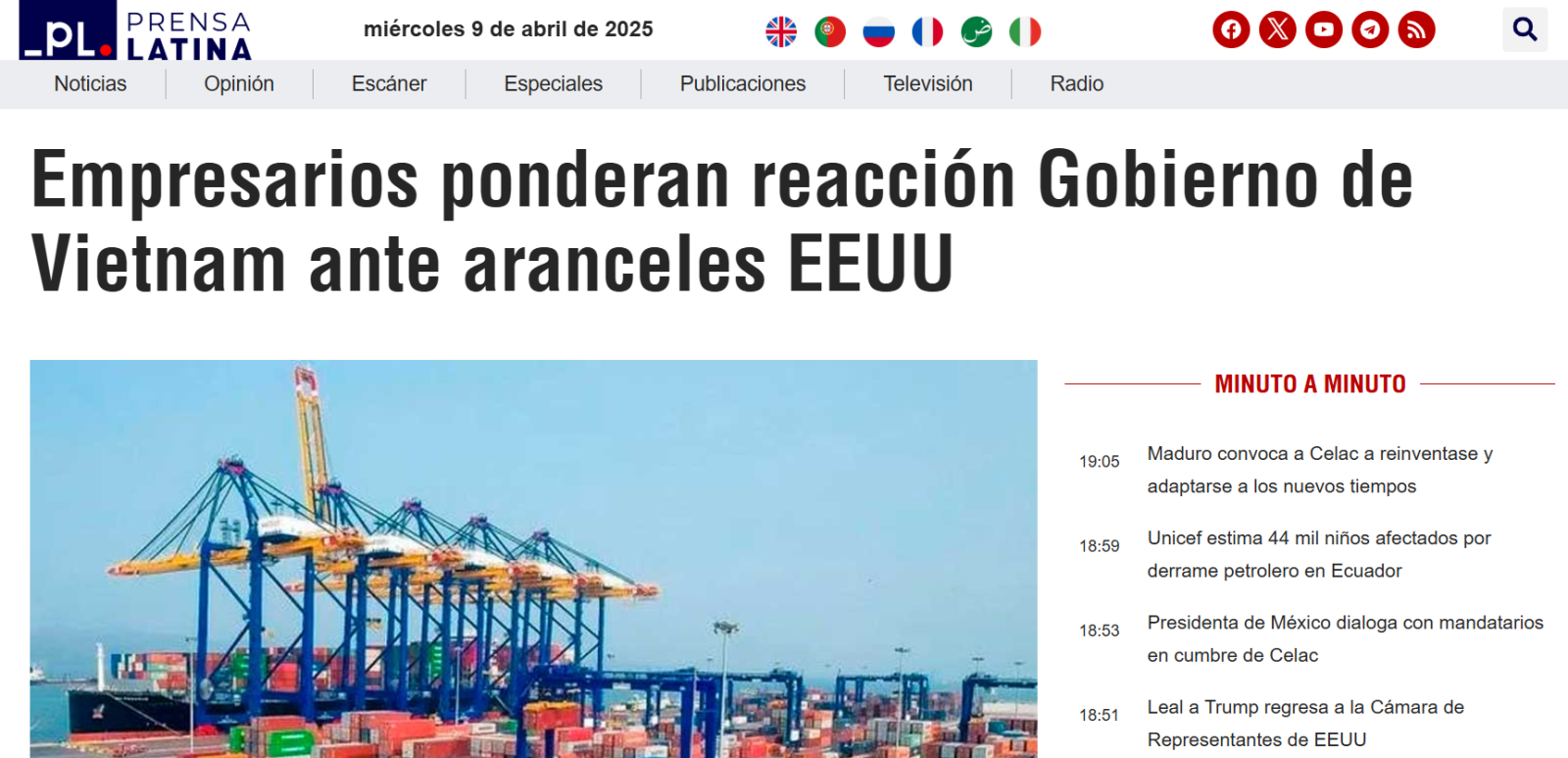





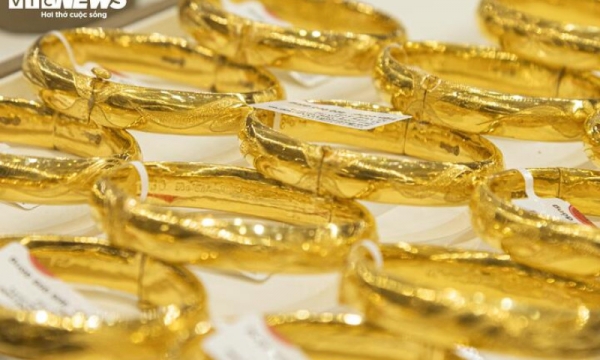
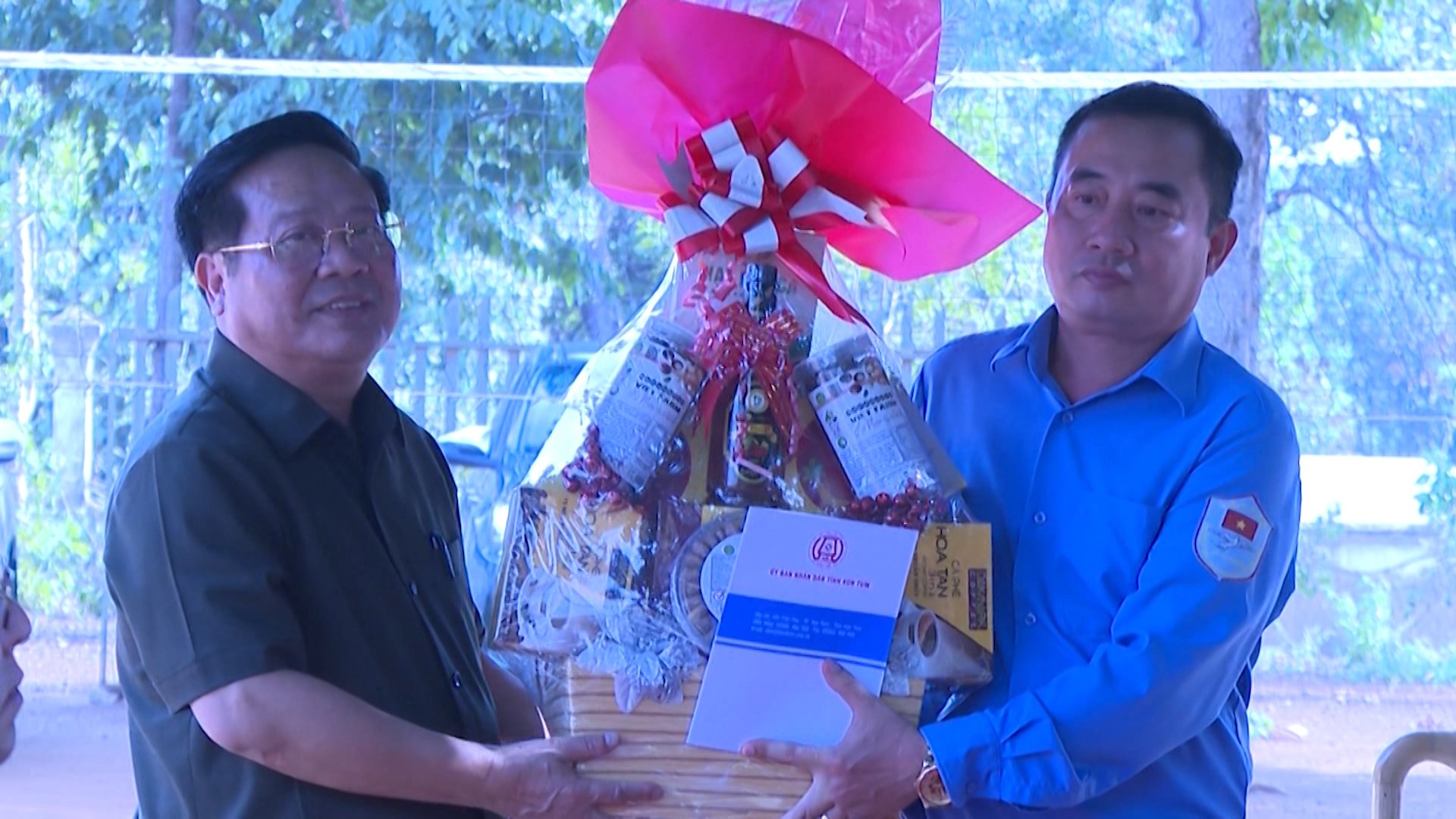
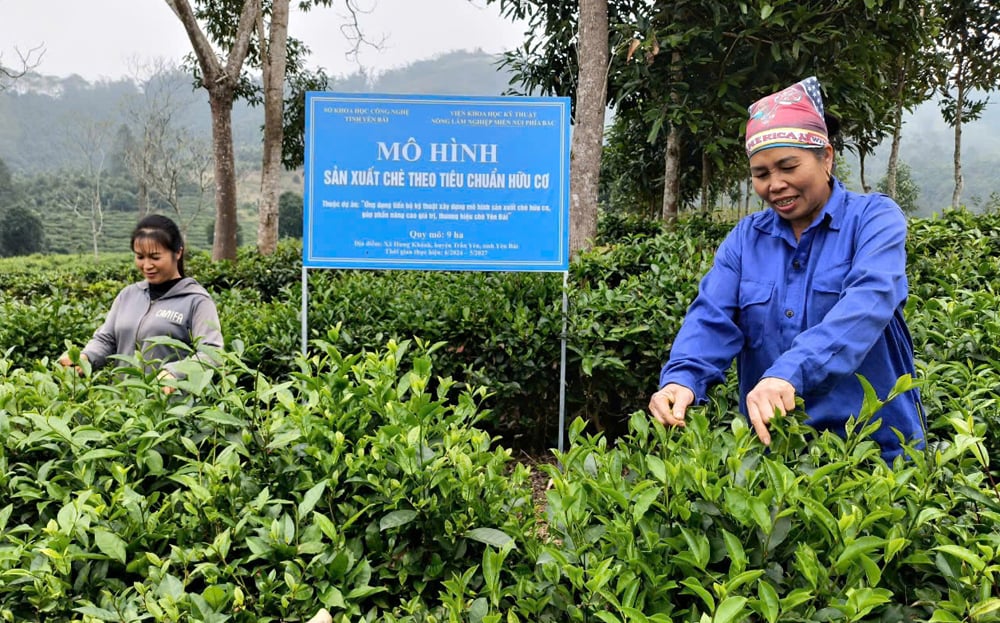

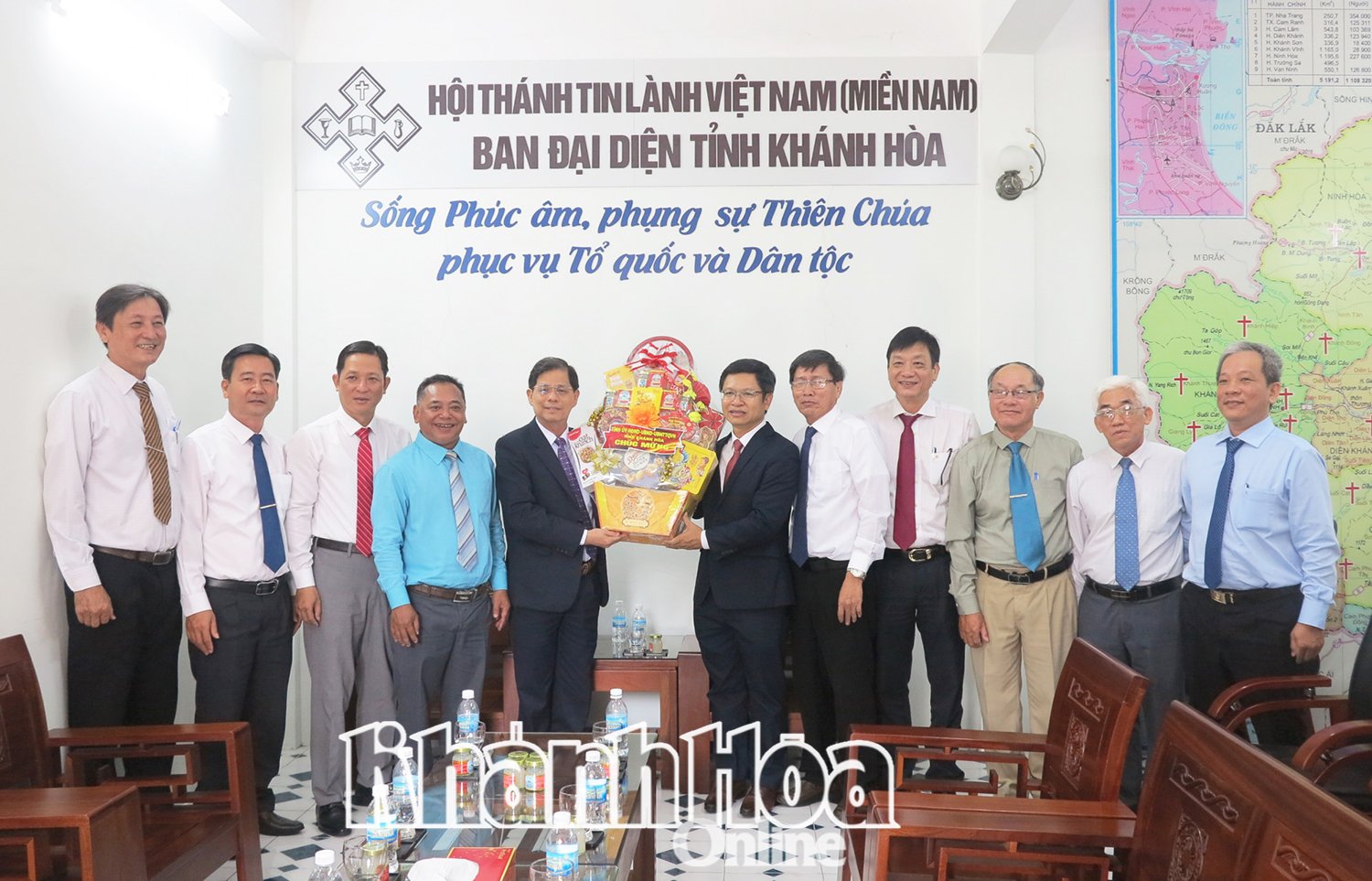
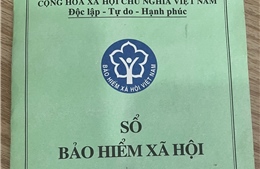








Comment (0)